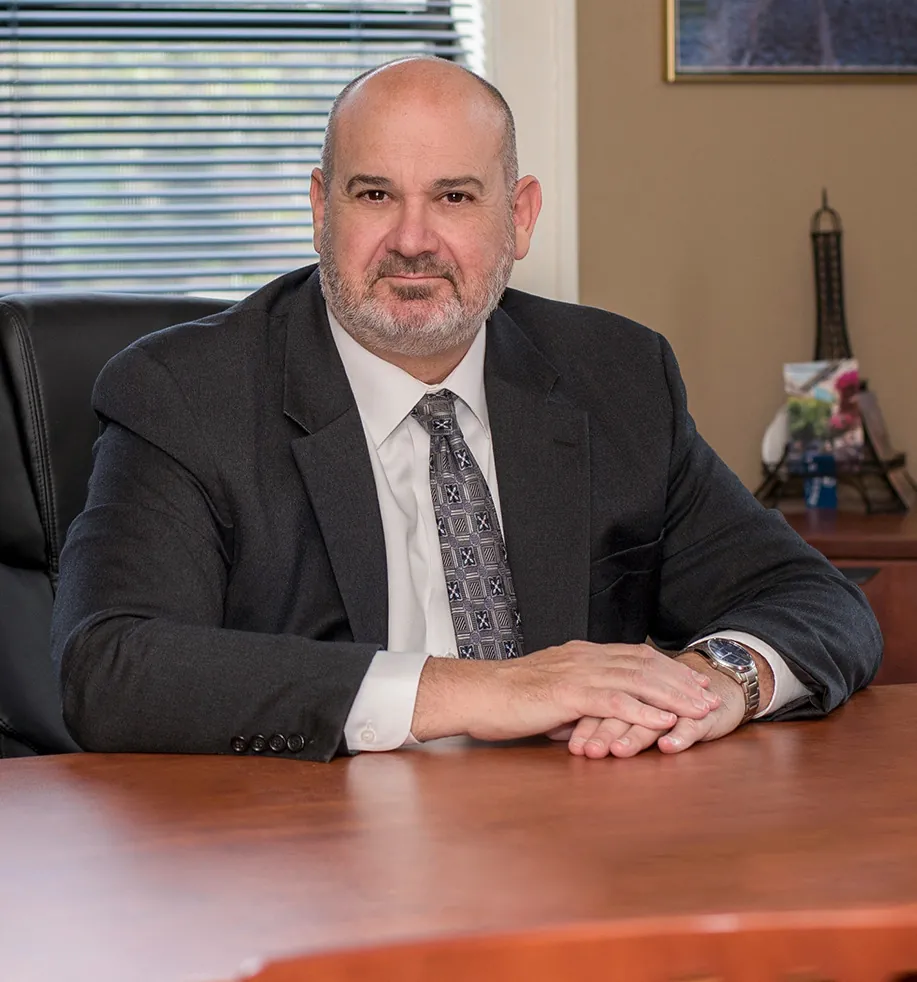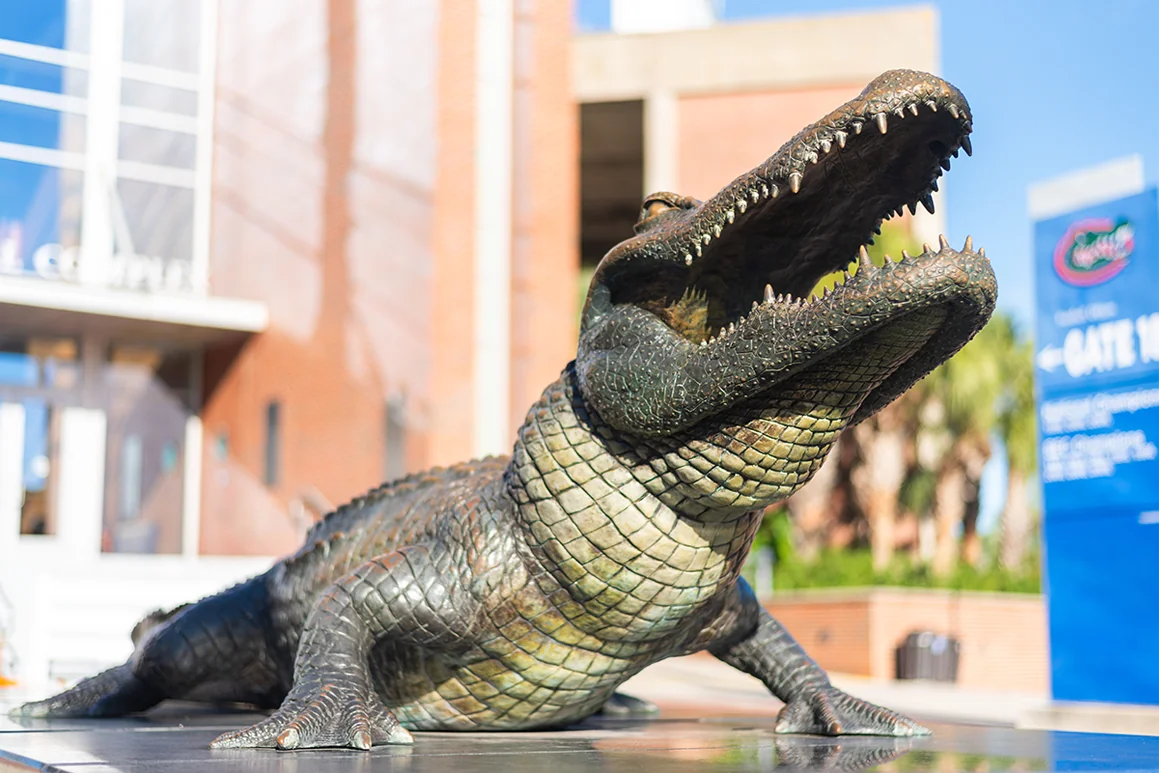Age can be a very important factor when a person is arrested for a criminal offense in Florida. A person who allegedly violates the law before reaching 18 years of age is considered a delinquent youth and, in most cases, has his or her criminal case handled in through the state’s juvenile justice system.
The juvenile justice system in Florida operates much differently than the standard adult criminal court, and alleged juvenile offenders can receive sentences that focus more on rehabilitation than punishment. In some cases, alleged offenders who are older than 18 years of age may be eligible for reduced sentences under the Florida Youthful Offender Act.
Attorney for Juvenile Justice System Process in Gainesville, FL
Was your child arrested for an alleged crime in north central Florida? You will want to make sure that you contact Galigani Law Firm for help navigating the juvenile justice system.
Gainesville criminal defense lawyer Dean Galigani defends clients who have been accused of various juvenile offenses in communities throughout the Gainesville areas, including many in Union County, Columbia County, Baker County, and Bradford County.
Call (352) 375-0812 to have our attorneys provide an honest and thorough evaluation of your case during a free initial consultation.
Overview of Juvenile Justice System Process in Alachua County
- How does a criminal case usually move through the juvenile justice system?
- When can a youth be prosecuted as an adult?
- Where can I learn more about juvenile justice system process in Gainesville?
Gainesville Juvenile Justice System Process
If a minor is suspected of committing a criminal offense, law enforcement can take the minor into custody or issue a civil citation. In some cases, an officer may issue a notice to appear, which looks very similar to an ordinary traffic ticket but is still the equivalent of an arrest. An alleged offender who receives a notice to appear is still required to be in court on the date listed.
When an alleged juvenile offender is taken into custody, he or she will be transported to the local Juvenile Assessment Center to undergo a Detention Risk Assessment Instrument (DRAI) assessment that determines whether the youth should be placed under secure, nonsecure, or home detention. If a minor is detained, he or she must have a detention hearing within 24 hours of the arrest.
While awaiting a court date, the case may be “nolle prossed” (nolle prosequi is Latin for “we shall no longer prosecute”) by the state attorney if there is a lack of evidence or some other factor that makes the case unfavorable to prosecute. When the state attorney does proceed with the criminal charges, adjudication may be withheld in some cases in which the alleged juvenile offender agrees to a pretrial diversion program. Criminal charges can be dismissed upon successful completion of such programs.
If the state attorney proceeds with prosecuting the alleged criminal offense at the arraignment, the alleged juvenile offender may be sentenced to community supervision or committed to a facility if adjudicated guilty. Juveniles have no right to a jury trial in Florida.
Juveniles Prosecuted as Adults in Alachua County
In certain cases, a criminal case may be transferred from the juvenile justice system to the adult court. Alleged offenders can have their cases transferred in the following circumstances:
- Indictment from grand jury for felony criminal offense punishable by death or life imprisonment;
- Discretionary waiver asking juvenile court to hold hearing to determine whether child should be transferred for criminal prosecution;
- Direct file of criminal charges in the circuit court’s criminal division whenever, in the state attorney’s “judgment and discretion,” the public interest requires it; or
- Statutory exclusion (under Florida Statute § 985.556, any child convicted and sentenced as an adult is thereafter handled in every respect as an adult for any subsequent violation of state law).
Unlike the juvenile justice system’s focus on rehabilitation, the adult court imposes punishments on alleged offenders convicted of criminal offenses. Under Florida Statute § 958.04(1), a court can sentence an alleged offender as a youthful offender if he or she is at least 18 years of age or has been transferred for prosecution to the criminal division of the circuit court pursuant to chapter 985, is found guilty of or has tendered, and the court has accepted, a plea of nolo contendere or guilty to a crime that is, under the laws of this state, a felony if the offender is younger than 21 years of age at the time sentence is imposed, and has not previously been classified as a youthful offender under the provisions of this act.
When a person is classified as a youthful offender, Florida Statute § 958.04(2) establishes that in lieu of other criminal penalties authorized by law and notwithstanding any imposition of consecutive sentences, a court will dispose of criminal cases as follows:
- Place the youthful offender under supervision on probation or in a community control program, with or without an adjudication of guilt, for up to six years;
- Incarceration as a condition of probation or community control in a county facility, a department probation and restitution center, or a community residential facility that is owned and operated by any public or private entity providing such services for up to 364 days;
- Split sentence whereby the youthful offender is placed on probation or community control upon completion of any specified period of incarceration with incarceration of up to four years; or
- Up to six years in prison.
Under Florida Statute § 958.14, any alleged violation of probation or the terms of a community control program will result in the youthful offender being sentenced to the maximum punishment for his or her underlying offense.
Juvenile Justice System Process Resources in Florida
Juvenile Justice Process | Florida Department of Juvenile Justice (DJJ) — Visit this section of the DJJ website to see an overview of the juvenile justice process in Florida. Learn more about what the agency does as well as answers to frequently asked questions (FAQs) for each step of the process. You can also find information for parents, youth, and victims.
Florida Youth ChalleNGe Academy — The Florida Youth ChalleNGe Academy is a 17 ½ month voluntary program geared toward Florida’s 16 to 18 year old at-risk youth, such as juveniles who have dropped out of high school but who wish to continue their education. The program is funded by the Department of Defense and the State of Florida and is operated through a cooperative agreement between the National Guard Bureau and the Governor of Florida. The program is provided at no charge to applicants.
Galigani Law Firm | Gainesville Juvenile Justice System Process Defense Lawyer
If your child was arrested for an alleged criminal offense in north central Florida, it is in your best interest to immediately retain legal counsel. Galigani Law Firm represents individuals in Alachua County, Marion County, Levy County, Gilchrist County, and several other surrounding areas of Gainesville.
Dean Galigani is an experienced criminal defense attorney in Gainesville with decades of experience. You can have our lawyers review your case and discuss all of your legal options as soon as you call (352) 375-0812 or complete an online contact form to schedule a free, confidential consultation.







